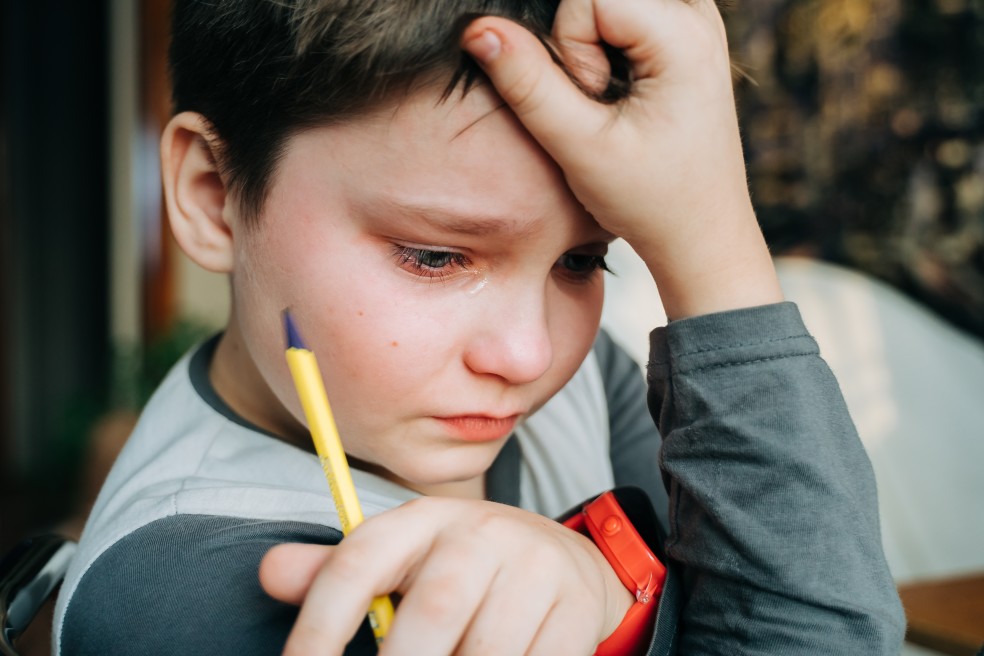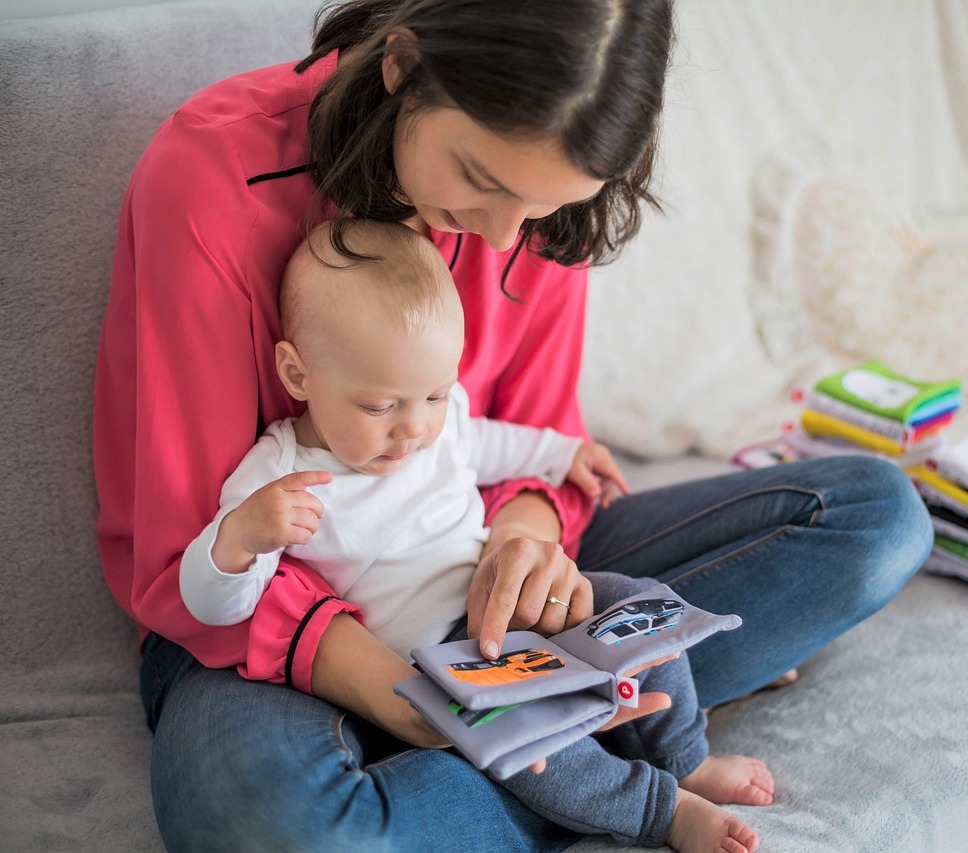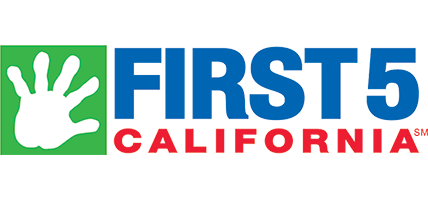Talk, Read, and Sing Together Every Day! Tip Sheets for Families, Caregivers and Early Learning Educators [downloadable]
 Research has found that providing children from birth to five with consistent, language-rich experiences – such as talking, reading, and singing – can have important benefits on their brain development and future school success. Read more ›
Research has found that providing children from birth to five with consistent, language-rich experiences – such as talking, reading, and singing – can have important benefits on their brain development and future school success. Read more ›


 As a parent, you know your child best. If your child is not meeting the milestones for his or her age, or if you think there could be a problem with the way your child plays, learns, speaks, acts, and moves talk to your child’s doctor and share your concerns. Don’t wait. Acting early can make a real difference!
As a parent, you know your child best. If your child is not meeting the milestones for his or her age, or if you think there could be a problem with the way your child plays, learns, speaks, acts, and moves talk to your child’s doctor and share your concerns. Don’t wait. Acting early can make a real difference! 
 If your child has a developmental, learning, or behavioral problem, a developmental-behavioral pediatrician has the training and expertise to evaluate and care for your child. Developmental-behavioral pediatricians possess training and experience to consider, in their assessments and treatments, the medical and psychosocial aspects of children’s and adolescents’ developmental and behavioral problems.
If your child has a developmental, learning, or behavioral problem, a developmental-behavioral pediatrician has the training and expertise to evaluate and care for your child. Developmental-behavioral pediatricians possess training and experience to consider, in their assessments and treatments, the medical and psychosocial aspects of children’s and adolescents’ developmental and behavioral problems. 
 Children covered under Medicaid are twice as likely to be diagnosed with disorders such as ADHD or autism compared with those who have private insurance, a study published Wednesday by
Children covered under Medicaid are twice as likely to be diagnosed with disorders such as ADHD or autism compared with those who have private insurance, a study published Wednesday by 
 That sing-song speech parents use when talking to their babies is universal, and infants tend to prefer it. So, when a baby doesn’t seem to engage with this melodic “motherese,” or baby talk, it can be an early sign of
That sing-song speech parents use when talking to their babies is universal, and infants tend to prefer it. So, when a baby doesn’t seem to engage with this melodic “motherese,” or baby talk, it can be an early sign of 
 First 5 California
First 5 California
 In the United States, an estimated
In the United States, an estimated 
 As kids hit toddlerhood, making sure they’re on track with major development milestones such as talking can sometimes be difficult to judge.
As kids hit toddlerhood, making sure they’re on track with major development milestones such as talking can sometimes be difficult to judge.
 When a child is struggling in school, the first step to finding help is figuring out what’s getting in his way. As a starting point, you need an evaluation of your child’s learning profile, to identify strengths and weaknesses, and suggest what kind of support he might need to thrive.
When a child is struggling in school, the first step to finding help is figuring out what’s getting in his way. As a starting point, you need an evaluation of your child’s learning profile, to identify strengths and weaknesses, and suggest what kind of support he might need to thrive. 
 Many parents note that one silver lining of these scary and unprecedented times is the opportunity to spend much more time with their children. However, this increased attention can sometimes lead to more worries: is my child delayed? Are they reacting to the anxiety of these times? Or am I just more concerned and sensitive because of my own personal stress?
Many parents note that one silver lining of these scary and unprecedented times is the opportunity to spend much more time with their children. However, this increased attention can sometimes lead to more worries: is my child delayed? Are they reacting to the anxiety of these times? Or am I just more concerned and sensitive because of my own personal stress? 

